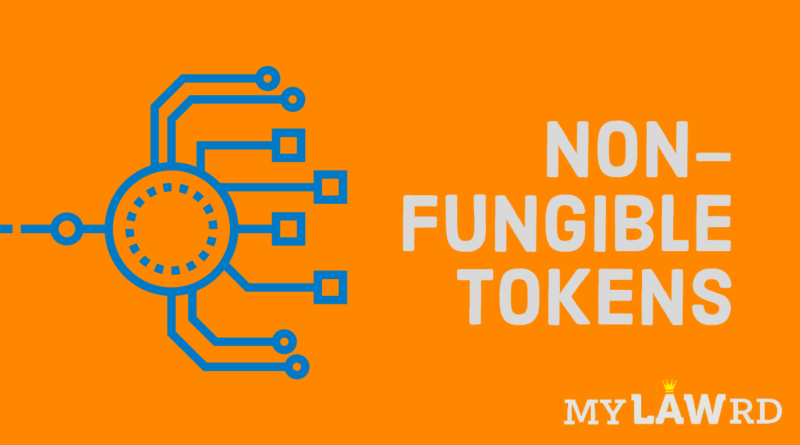Govt plans to define NFTs in the cryptocurrency bill
According to a source quoted by ET, the government is looking to define non-fungible tokens (NFTs) in the much-expected cryptocurrency bill. The Finance Minister Ms. Nirmala Sitharaman had recently informed that the bill is tabled before the cabinet and awaiting its approval.
In the bill, the government may provide a broad outline of NFTs from a regulatory lens. It will also include provisions on the taxation of cryptocurrency and associated assets.
What are NFTs?
NFTs are known as Non-Fungible Tokens, are a type of digital asset that is one-of-a-kind. Unlike cryptocurrency where every token is of equal value and could be swapped for any other, NFTs have unique qualities and cannot be interchanged. Its copies cannot be made after the purchase, making it a one-of-a-kind commodity for buyers. Ownership of these tokens is recorded on a blockchain, a digital ledger using similar technology to the network that underpins bitcoin and other cryptocurrencies.
NFT is the next logical step for those interested in unique intellectual properties, from collectors to companies. Just like the traditional art market, NFTs are often sold at an auction. Herein the prospective buyer bid against each other until a price is reached. NFT is the next logical step for those interested in unique intellectual properties, from collectors to companies. In a recent NFT-based deal, Twitter creator Jack Dorsey sold his first tweet for $2.9 million.
WazirX is operating India’s first-ever NFT marketplace.
Other expectations from the government
The government may start by defining cryptocurrencies, then move on to NFTs. NFTs can be considered similar to cryptocurrencies. The source further added, “The government would define the type of crypto assets, and NFT would be specifically mentioned there. This is done to address some of the issues that could arise in future around regulatory issues.”
The government is also working towards defining and categorizing cryptocurrencies as an asset class, such as gold. As reported earlier, it is the first time cryptocurrencies will be classified on the basis of the technology they employ. The government’s attention, for regulatory purposes, will be on the asset’s end-use. The measure will also spell out how crypto assets, including NFTs, will be taxed.
Crypto Regulations and Confusions
There is a lot of uncertainty about how to regulate and tax crypto assets, both in terms of income tax and goods and services tax (GST). It is still unclear if cryptocurrency is a currency, a commodity, or equity. It is expected all these questions will be answered in the upcoming cryptocurrency regulation bill.
The government’s move to categorize cryptocurrencies according to their use cases will assist to accelerate the adoption of digital coins in the country, which is already gaining traction.
Do subscribe to our Telegram group for more resources and discussions on tech-law. To receive weekly updates, don’t forget to subscribe to our Newsletter.

